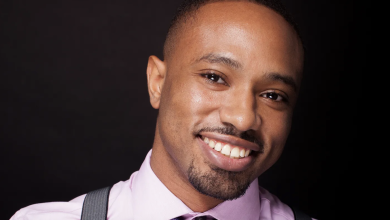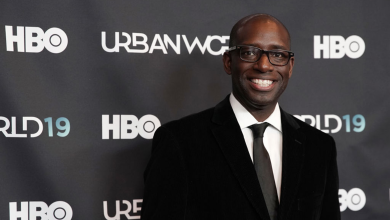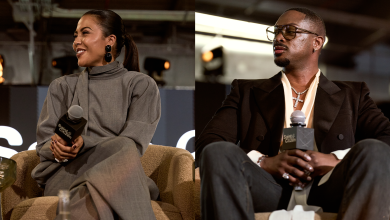Watch Now: Discover How AI Is Transforming Work And Leadership At AFROTECH™ 2024
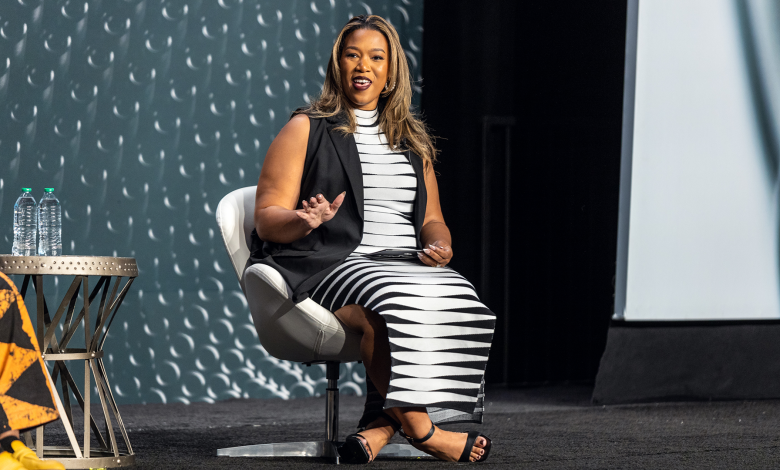
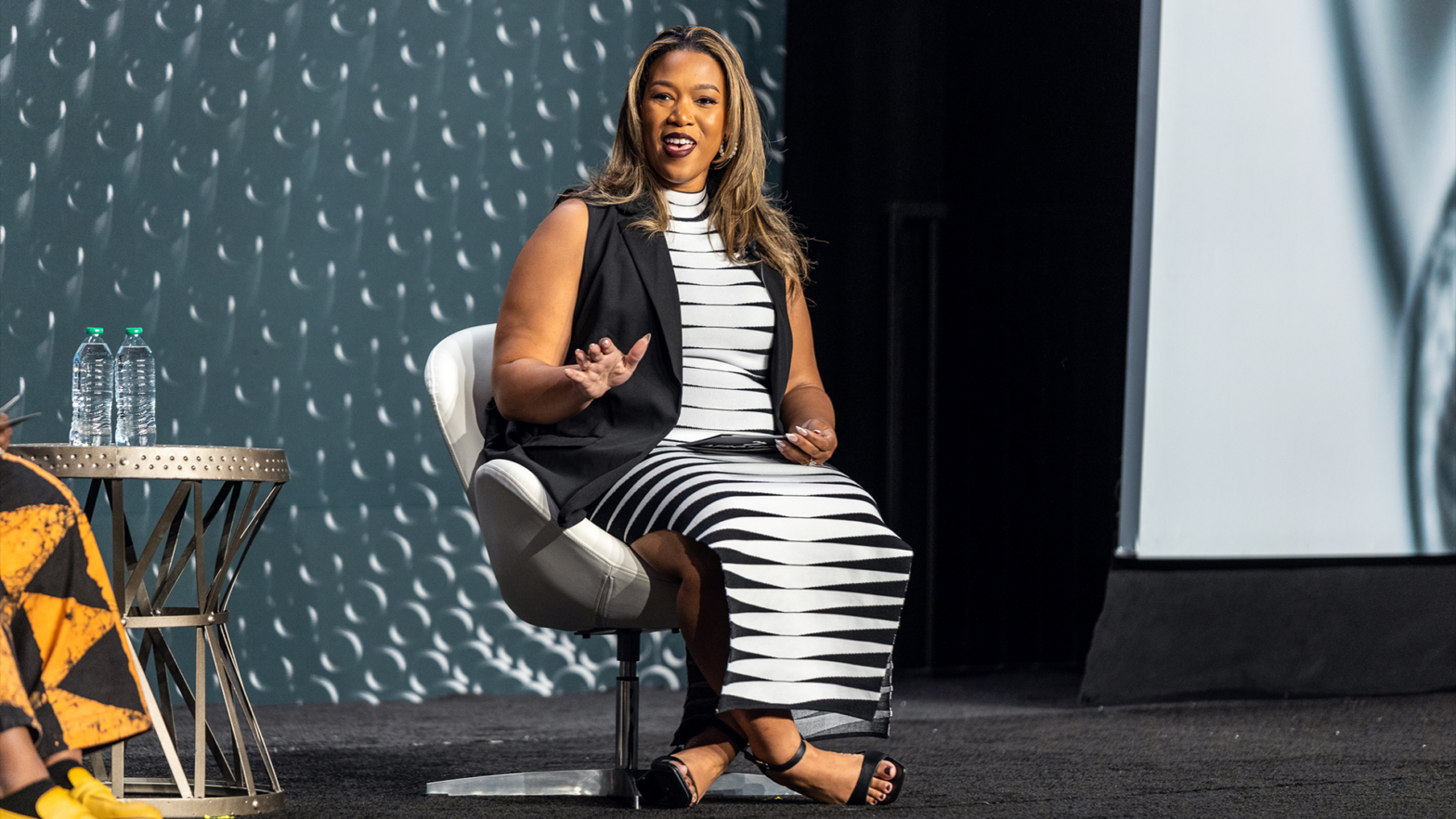
Artificial intelligence (AI) is driving a wave of transformation, reshaping how organizations adapt and compete — making it essential to foster a culture of innovation and adaptability to navigate disruption and ensure long-term success.
At AFROTECH™ 2024, Temi Soleye, the senior director of learning & performance at Merlin Labs, and Ashley Gatewood, the change & transformation leader at Google, came together to discuss the opportunities and challenges AI presents for businesses, how to lead effective transformations and what it takes to build a future-ready workforce.
When it comes to AI and transformation, Soleye noted that AI has productivity tools, such as support for coding and coders — but its challenges and opportunities go hand in hand.
“High performance culture depends on the people, but it also depends on the processes and the systems,” Soleye said.
Adding that, to streamline workflow, people should consider what the person currently does and how artificial intelligence can maximize their talents by handling some of the groundwork.
“I’ve always been someone who approaches every new role and [thinks,] ‘How do I work myself out of this job?’ And so I’m looking forward to all the ways AI can help with that,” Soleye said.
Purchase your ticket to AFROTECH™ Conference 2025 now!
The panel highlighted several pressing challenges related to artificial intelligence, including data privacy, ethics, and the growing threat of DeepFakes, which have the potential to significantly impact society.
There’s also concern about job displacement and the risk of losing touch with humanity as AI adoption accelerates.
Soleye emphasized that while AI is an industry-redefining tool, it’s one everyone will need to adapt to in their respective roles.
“I just think that we should focus on the fact that humans are the ones who come up with the problems, and AI is one of our tools to solve them,” Soleye said. “It is part of the natural human cycle of disruption, and we should just use it.”
Gatewood added that one of the biggest barriers isn’t just the technology itself but the fear surrounding it — even though, in many ways, humans are already living with AI every day.
“We as a people, especially as a Black community, we have to address that fear, and we have to be able to overcome that fear, otherwise we are going to get left behind as we continue to evolve with AI,” Gatewood said.
According to a global survey by Pegasystems Inc. of 6,000 consumers across six countries, only 33% of respondents believe they use AI. However, at least 77% of people unknowingly interact with AI-powered services or devices daily.
From digital assistants like Apple’s Siri and Amazon’s Alexa to the algorithms behind all major social media platforms, AI drives much of modern technology and touches nearly every aspect of everyday life.
Another key challenge is bias in AI, as technology ultimately reflects the values and biases of the individuals who create it. Those who “hold the pen” shape history and artificial intelligence, Gatewood noted.
“It is so important for us to, again, address our own fears and continue to make sure we are in the room, that we have the roles that are needed to influence this in order to address some of those biases in order to make sure we’re making products and tools that are effective for all,” Gatewood said.
She added that innovators must continuously earn the right to drive transformation and launch new products by clearly articulating value and impact, whether they’re product managers, engineers in large organizations, or part of a startup.
Similar to AI models, transformation models must also evolve, Greenwood stated. A key part of that evolution is the ability to influence, which Gen Z has grasped, proving that this ability doesn’t have to come from celebrities or other top figures.
“The average person can influence society, can influence what people buy, what people do, what they’re willing to adopt,” Soleye said.
The panel also explored what it takes to build a future-ready workforce. This starts with leadership creating space to experiment, taking small steps, and offering accessible opportunities for teams to engage with emerging tools.
Equally important is a shared commitment to continuous learning. With five generations soon to coexist in the workplace — from Boomers to Gen Alpha — fostering a mindset of learning and development remains critical for staying relevant in a rapidly evolving, AI-powered landscape.
“We live in a time where we’ve seen the most generations working at the same time, and our relationship with technology is extremely different across those generations,” Gatewood said. “But the one universal truth is that we have to learn…we have to adapt to what’s going on.”
If there was one key takeaway from Soleye, it was the importance of discernment — a critical skill for anyone aiming to lead and shape workplace culture.
While acknowledging the fear that AI could replace jobs, she emphasized that many AI technologies, such as machine learning and neural natural language processing, are already part of our daily lives. By automating routine tasks, like list-making and template creation, AI can free up time for more human-centered work that balances innovation and empathy.
“All of us should be looking at things that create ease in our lives as a positive,” Soleye said.
To explore more exclusive insights like this from top-tier AFROTECH™ events, click here to watch AFROTECH™ Labs.

